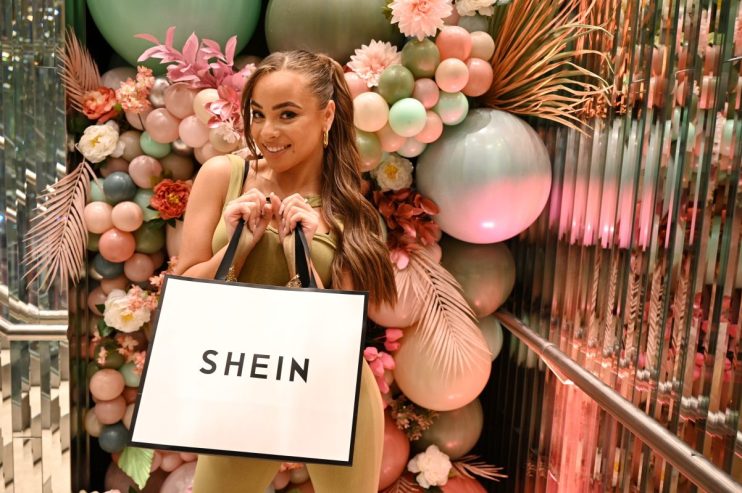Labour backs Shein London IPO – but it would enforce the ‘highest standards’

Labour would want Shein “regulated from the UK”, Jonathan Reynolds has confirmed, ahead of a potential London listing.
Reynolds comments came amid reports from Bloomberg and CNBC that the fast fashion giant had confidentially filed papers with the UK authorities for a potential listing in London.
The Chinese-founded fashion giant is looking to float on the London Stock Exchange after facing a backlash in the US over its Chinese links.
Speaking at the Bloomberg Business Debate in the City of London today, Labour’s shadow business secretary said his party had met with the retailer.
“Yes, we have met,” he said. “A lot of people considering economic activity in the UK have been speaking to the Labour Party over the last few years.
“You would expect that to take place but my view on any business of this sort is if they’re doing business in the UK, we should ideally seek to regulate them from the UK.
“The kind of expectations we would have – whether that is on labour market or regulatory compliance or tax – that is best done from them being based from the UK.”
He added: “If a listing was to be considered, I would want that because I would know that is the way we could enforce the highest standards that we would expect.”
“Any listed company in the UK has a pretty significant set of compliance requirements placed upon them. So I think if you are keen to see businesses operate to the highest standards, you should want to see them do that from the UK.”
While business and trade secretary Kemi Badenoch said she hadn’t met Shein – although company representatives have met with Chancellor Jeremy Hunt – she said while “the listing is exciting a lot of people” she had two concerns with the proposals, on the customs duty threshold and reports of forced labour in the Chinese province of Xinjiang.
“It doesn’t mean that we don’t want them, but they would need to show us how they’re addressing [those issues],” she said.
As a direct to consumer business, Shein would fall under the £135 customs duty threshold, which Badenoch said “could mean quite a lot lost in terms of taxes”. “Of course they would still be getting VAT. That is something that we would want to look at.”
“We don’t want a situation where the business secretary is intervening in every single listing,” she said adding that “we want a system that is well regulated”.
“There’s a lot more that we can do around the regulatory regime overall,” she added.
